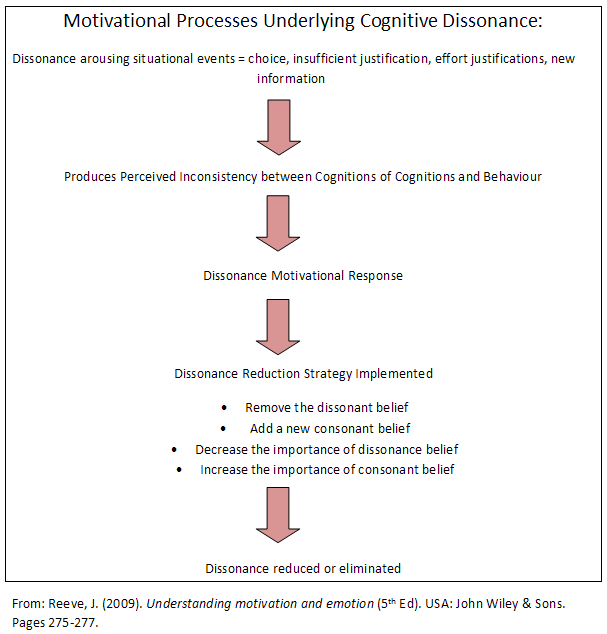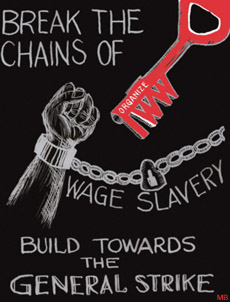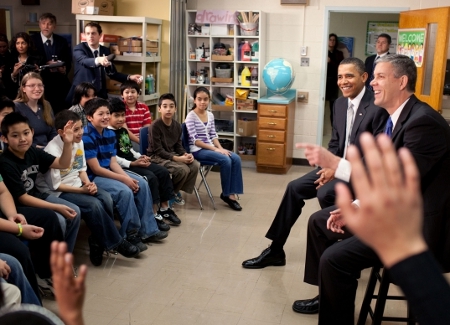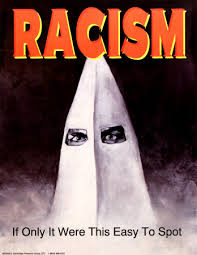It is a strange feeling to be involved in a profession that has recently become the topic of intense discussion and dispute. Everybody calls the system broken, antiquated, or corrupt. They all have an opinion, and they all seem to agree on one thing. Teachers are not effective.
Hey! That's my profession. Have you ever taught in a public school? So what do you know?
So much of the debate lately has focused on standards and qualified teachers. The emerging consensus is blame, and regulation. I am not a bank. Pundits and politicians really seem to have no clue when it comes to education. This is what it's like:
About 30% of teacher's time is taken up by administrative and 'non-contact' duties. We have IEP, SLC, RTI, SBG, NHD, NHS, PD, IA, SPED, ESL, and department meeting. Any student who is special ed (SPED) or has english as a second language (ESL) has to have an individualized education program (IEP). These are mandated by law, and require teachers to make modifications to lessons to help these students learn. This started out as a grand idea, where students who used to be in contained classrooms were immersed into a regular education classroom. Problem is, immersion works when the ratio of regular to SPED/ESL is 80/20 or 70/30. Now it's 50/50. We don't teach regular ed any more. It's modified. All of those IEPs take time to create, review, and follow. Do teachers have time to do that effectively? No.
We also must meet in our small learning communities (SLC) and plan response to intervetion (RTI) techniques for students who are struggling. If a student is failing, teachers must intervene and create a non-legal form of IEP. This is designed to help legitimately struggling students, but too often is wasted on students who are not putting in the effort. In addition, to increase rigor and help students succeed, we run National Honor Society (NHS) and spend all year on National History Day (NHD). Those are some necessities to prepare students for college, and reward exemplary students.
Grading is now different. We must use standards based grading (SBG), which gives grades only according to how well students perform on assessments. Teachers must create those assessments and allign them with district standards, pacing guides, and state standards. State standards drive curriculum. Late work is accepted so long as the student can show they have mastered a standard. Responsibility, study and work habits used to be built into grading. Now they don't matter. Finally, teachers must attend professional development (PD) which is often nothing more than some six-figure making pep-talk professional who wants you to read their book, or do something differently. PD is a waste 90% of the time. However, they do teach you patience. All of this does not include meetings with students, parents, administrators, and other special programs (MYP, IB, AP) teachers such as myself do.
Planning and grading take the bulk of time. No good teacher just recycles old lessons over and over again. Students change, so must you. Everything must be engaging and uses their body and mind. Technology is not just common, but expected. Assessment takes time. If you want students to write well, that takes time to grade. I am accountable if those students go to the next grade level unprepared. All lesson plans include modifications for IEPs, ESL, and SPED students, include rigor for advanced students, align to state and district standards, and keep up with the pacing guide.
Now I get to teach! This is the most important, and most time consuming part of the day. Teaching is where I can reach 80-90% of my 150-180 students. My teaching must be rigorous, but also allow students on IEPs to succeed. I have classes of 35-40 students I must engage in meaningful ways. It doesn't matter if they walk in without breakfast, on two hours of sleep, without knowing English, have mental problems, or had something happen at home. Time to learn, I can counsel them later. Each class is different, depending on the moon stage, and their proximity to lunch. They are to learn knowledge and skills as decided by district and state. Anything else is deemed unnecessary. Psychological services I provide free of charge to the students during planning periods. Next year, I get one less of those.
You can't fit that into 40/hrs a week. The vast majority of teachers work enough hours to get their two month summer break, plus some. I am dedicated, hard working, and passionate about what I do. I am a professional, please treat me as such. My compensation for all that work is $37,000, minus an outrageously expensive health plan. How can teaching expect to attract the best people with salaries so low?
The two guiding ideas our there now is holding teachers accountable for student learning, and creating national standards. How is mandating national standards going to improve a student's reading, writing, or critical thinking skills? Standards and testing have always appeared to me as a facade for rigor and effectiveness. Those 'reforms' do little to help the student, and slow me down. Holding teachers accountable for student learning (read: test scores) is ridiculous. Students come to us from all over the spectrum, and we do our best. There are other factors at work in contributing to a student's success.
Where is the parent's role in this? Studies show the #1 indicator of success is by having supportive parents. There is only so much I can do if the student is not provided for at home. School doesn't matter when your parents are divorcing, you don't have food, mom is dying, or dad is unemployed. The real standard of living in this country has been going down. Is it any surprise that our schools are following?
Reforming education requires a comprehensive approach. People need stability before they can focus on academics. Simply blaming teachers is ignorant and short sighted, and will do nothing more than drive more people away from a profession that desperately needs driven and committed people.
Have teachers been asked how to reform the system? It doesn't feel like it, we are only blamed. The media and the President need to be very careful on how they discuss education reform. It cannot be a witch hunt, or blame game. If society wants to hold me accountable for failure, how about success too.
We don't blame doctors for obesity and heart disease because it is up to the individual to take advantage of advice and resources. There is personal responsibility involved. How is education any different?
 me teachers for poor test scores. A new PISA report shows that the US has stagnated when compared to the rest of the developed world, ranking below countries such as Poland, Portugal, and the Czech Republic. Most of the "reformers" believe the solution would involve firing those 'bad' teachers and principals. That is moronic. People who know about education, who have been teachers and not just read about it, examined the data and found interesting correlations educators have known all along.
me teachers for poor test scores. A new PISA report shows that the US has stagnated when compared to the rest of the developed world, ranking below countries such as Poland, Portugal, and the Czech Republic. Most of the "reformers" believe the solution would involve firing those 'bad' teachers and principals. That is moronic. People who know about education, who have been teachers and not just read about it, examined the data and found interesting correlations educators have known all along.


















